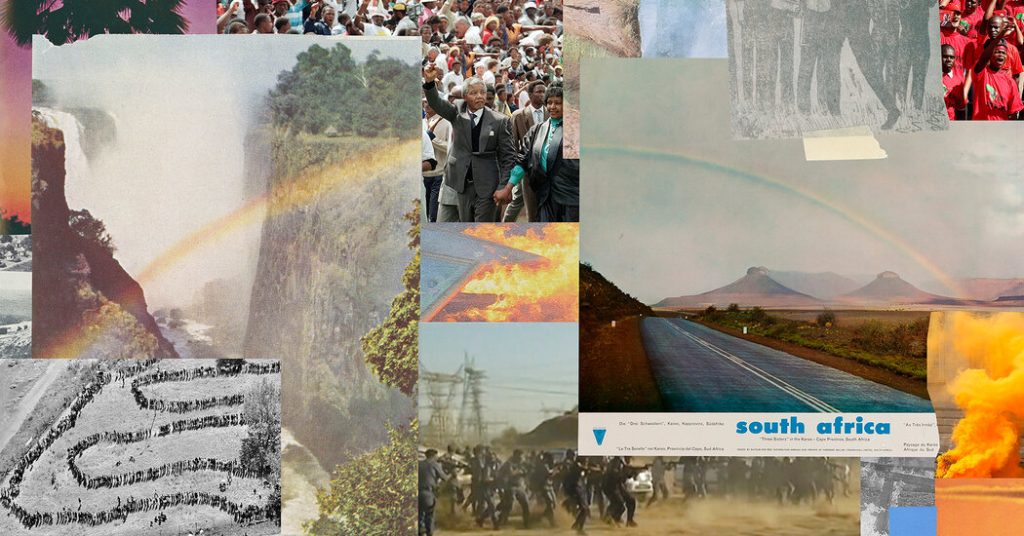The article discusses the current state of politics in South Africa, focusing on the decline of the African National Congress (ANC) and the emergence of new political parties. President Cyril Ramaphosa recently delivered a lackluster speech marking the end of white-minority rule in the country, highlighting the symbolic decline of the ANC. The ANC has been dominant politically since 1994, but it may lose its parliamentary majority in the upcoming elections. Former president Jacob Zuma’s new party, uMkhonto weSizwe (M.K.), poses a significant challenge to the ANC, mobilizing his supporters behind a populist platform.
The emergence of new parties like M.K. is seen as a symptom of the decline of the ANC and the current issues facing South Africa. The country is grappling with collapsing infrastructure, systemic corruption, waning central authority, and violent crime. The post-apartheid vision of a nonracial, cooperative democracy is being undermined by enduring inequalities and widespread corruption. The void left by the ANC’s loss of support has not yet been filled by any other political force, leaving the country in a state of uncertainty.
The Economic Freedom Fighters and the Democratic Alliance are the main opposition parties in South Africa, each reflecting different grievances and ideologies. The EFF, led by Julius Malema, focuses on reclaiming political and economic control for Black South Africans, while the DA emphasizes concerns about continued ANC rule and separatist sentiments in the Western Cape Province. Identity politics has become increasingly prominent, with parties like ActionSA and the Patriotic Alliance appealing to chauvinist sentiments and colored nationalism.
Global revanchism and a sense of resignation among the public are reshaping the political landscape in South Africa. Voter turnout has declined significantly, with many people feeling disillusioned by the government’s failure to improve their lives. The country is struggling to overcome deep-seated cleavages and a lack of political imagination. The article raises questions about the future of South Africa and whether the new generation will be able to shape a different path for the country.
As South Africa undergoes another transformation thirty years after apartheid, the political climate remains uncertain. The ANC’s dominance is being challenged by new parties and changing ideologies, leaving the country at a crossroads. The article explores the impact of past events, such as the Marikana massacre and the rise of the EFF, on the current political situation in South Africa. Ultimately, the future of the country and its politics is uncertain, with the potential for significant changes on the horizon.


